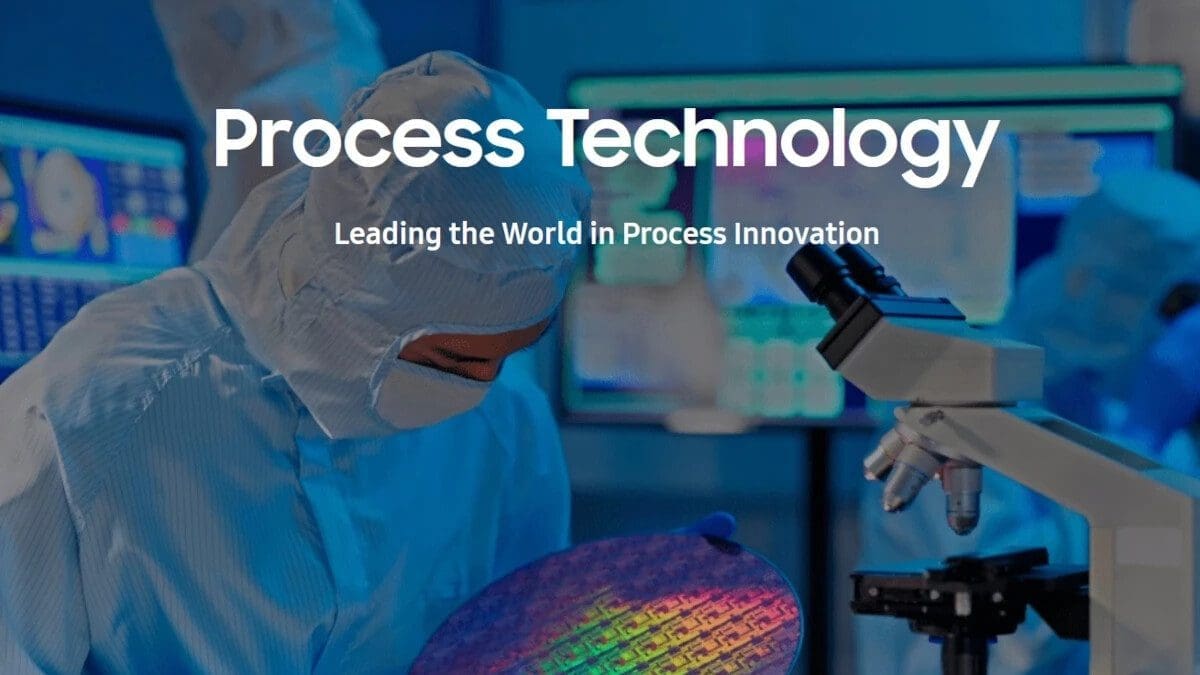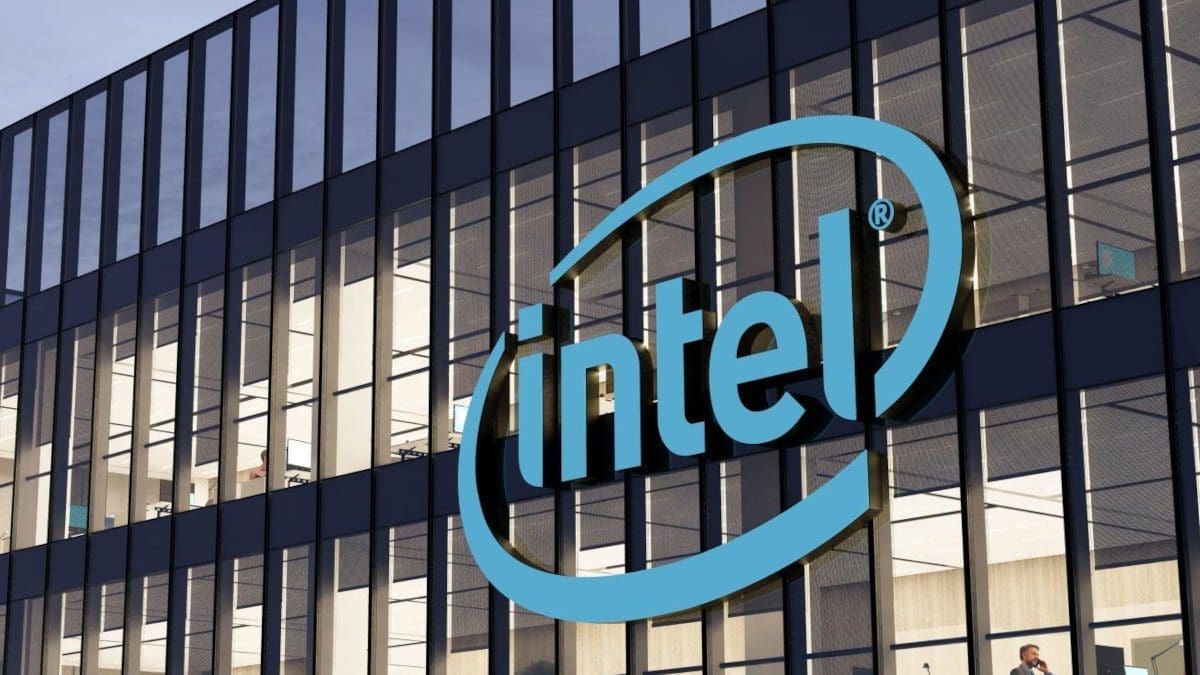Samsung Foundry, one of the top contract foundries, is making significant strides in its research and development on 2nm process node technology. The head of Samsung’s Semiconductor and Device Solutions division, Kye Hyun Kyung, recently stated that within the next five years, Samsung will surpass TSMC to become the world’s leading foundry.
Currently, TSMC holds a 60% share of the global foundry market, while Samsung is looking to match TSMC’s 50-60% yield on 3nm production. However, both companies have different focuses. TSMC aims to maintain stable 3nm capacity, while Samsung is looking ahead to the next-generation 2nm production.
To attract more customers, Samsung Foundry plans to involve them earlier in the process, allowing them to participate in the creation of production schedules. Samsung hopes that this approach will entice companies to choose its foundry for chip manufacturing. Industry experts predict that the 2nm process will gain prominence by 2025.
One area where Samsung has an advantage over TSMC is its use of Gate-All-Around (GAA) technology. This technology allows transistors to come into contact with the gate on all four sides, reducing current leakage and increasing drive current. While Samsung is already using GAA technology on its 3nm process node, TSMC will only adopt it when it starts producing 2nm chips in 2025.
The significance of these advancements lies in the fact that as the process node numbers decrease, transistor sizes become smaller. This enables more transistors to fit inside a chip, resulting in increased power and energy efficiency.
A perfect illustration of the impact of transistor size is seen in Apple’s A-series application processors (AP). Over the years, Apple has consistently increased the number of transistors in its A-series chips, leading to more powerful and efficient devices. For example, comparing the iPhone 11 Pro Max with an older model like the iPhone 15 Pro Max clearly demonstrates the significant difference in speed.
Despite Samsung’s head start with GAA technology at 2nm, it is unlikely that Apple, one of TSMC’s largest customers, will switch suppliers for the crucial component that goes into making iPhones.
It is worth noting that Samsung manufactured Apple’s A-series chips until the A8, after which TSMC took over production. Since the A10 chip, Apple has exclusively relied on TSMC’s manufacturing capabilities.
In conclusion, Samsung Foundry’s progress in the development of 2nm process node technology puts it in a competitive position against TSMC. While TSMC currently dominates the global foundry market, Samsung aims to surpass it within the next five years. The advancements in transistor size directly impact the power and efficiency of devices, making these developments crucial for the future of technology.











